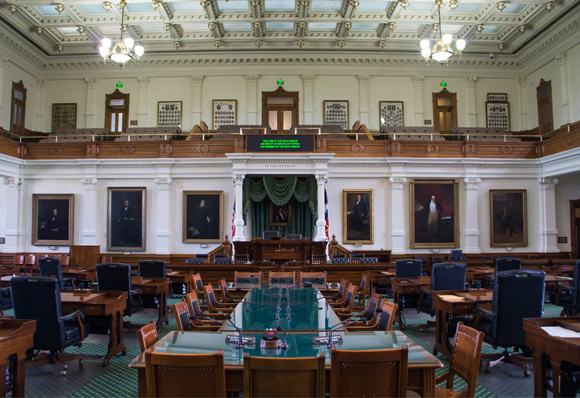Prohibition – the legal banning of alcohol – is not a thing of the past. Of the 50 states that make up the United States of America, 30 of them have local laws prohibiting the sale of alcohol in particular counties or other local areas; more than 100 years after the infamous “Prohibition Era” of the 1920s and early 30s, there still exist more than 500 cities, townships and counties whose laws regulate the sale of alcohol. In fact, even Moore County, the birthplace of the famous Jack Daniel’s whiskey, and home to its headquarters, is itself a “dry” county.
Constitutional prohibition in the U.S. took place from 1920 to 1933 and was enacted ostensibly as a response to pre-existing social issues like domestic violence and child abandonment whose presumed cause was alcohol. But prohibition and temperance (self-imposed abstinence) are not uniquely American ideas, nor are they particularly recent. In fact, the first official prohibition and temperance movements, which were based in moral philosophy, occurred during the enlightenment period.
Standing across the ring from moral prohibition, however, were pro-alcohol justifications like the economic impact of alcohol sales and the alcohol tax, which provided a steady stream of cash into government coffers. Unfortunately, the existence of these economic factors gave rise to the image of industry and politics being attached at the hip. One group that greatly contributed to the fruition of prohibition was the Anti-Saloon League (ASL), who made the claim that establishments where alcohol was sold were actually unofficial lobby rooms for industry, and therefore breeding grounds for political corruption. The beer industry however, which was centered primarily around German-Americans, attempted to put up a fight against the ASL, but their resistance was soon overshadowed by the outbreak of the First World War in 1914 (a war that pitted the United States and other countries against Germany), and in 1920 the constitution was amended to include prohibition.























































